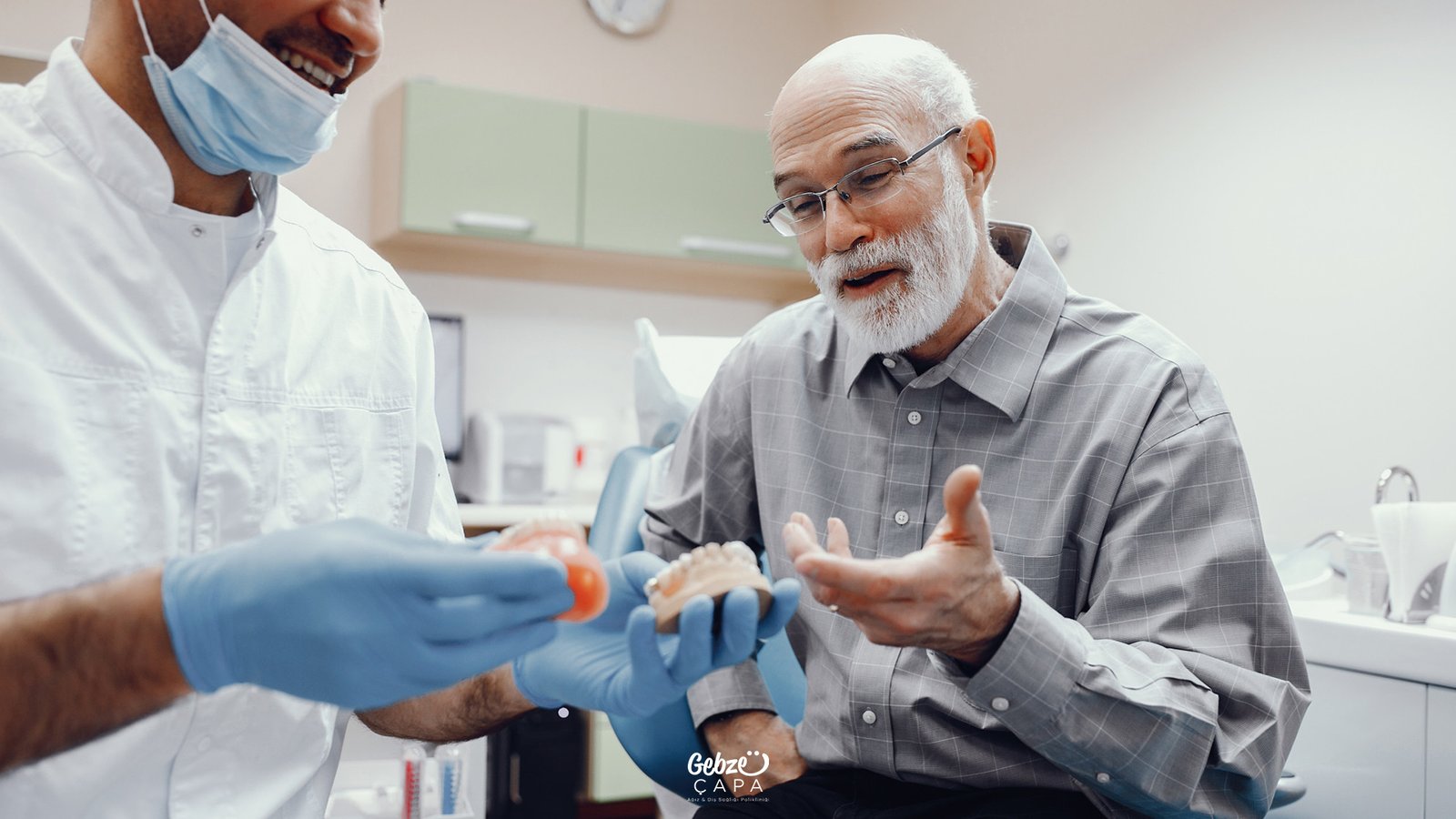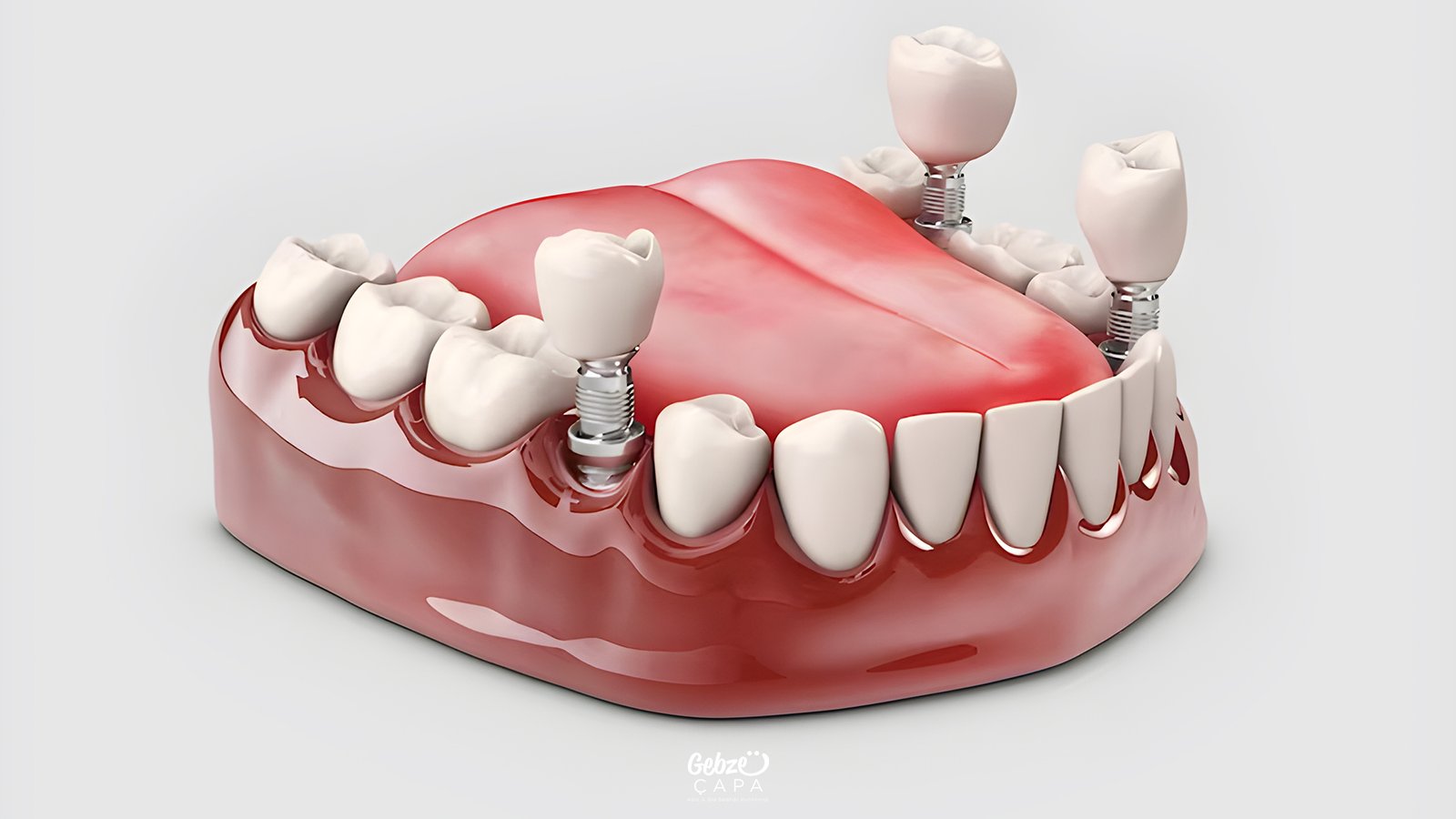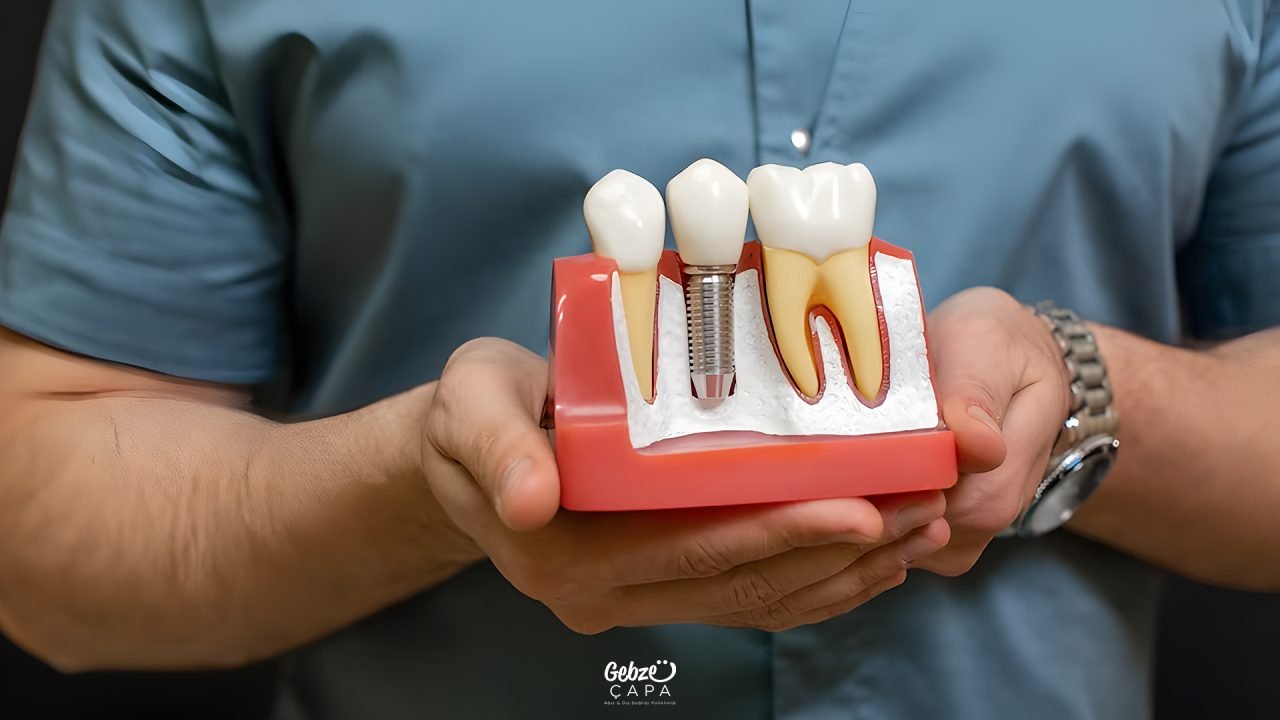Post-Implant Oral Care
Implant Treatment, a modern and effective method for addressing tooth loss, is crucial to maintaining proper oral care after the procedure for a successful recovery and long-term success.
The Initial Days After Surgery: A Horizontal Start
Carefully navigating the first days following the implant operation is key to a healthy recovery process. To manage post-operative pain, swelling, and sensitivity, it is essential to use prescribed medications regularly. Adhering closely to your doctor’s recommendations is crucial for the successful integration of the implant.
Keeping your head elevated to address potential bleeding and swelling post-operation will support your body’s healing process. Additionally, during this period, it is important to avoid hot beverages and hard foods to ensure proper care for the implant site.
Tooth Brushing Techniques and Products: Brush Correctly at Least Twice a Day
Brushing your teeth at least twice a day forms the foundation of post-implant oral care. Using a soft-bristled toothbrush helps clean plaque without causing damage to the tooth enamel. Additionally, by applying proper brushing techniques based on feedback from your dentist, you can clean the implant area with special attention.
Choosing a toothpaste with fluoride during brushing strengthens tooth enamel and prevents the formation of cavities. Moreover, toothpaste with antibacterial properties may reduce the risk of infection in the implant area.

Dental Floss and Interdental Cleaning: Don’t Overlook Gaps Between Implants
Using dental floss is an effective way to prevent plaque buildup between implants. Experimenting with different types of dental floss can help you find the one that suits your implants best. Additionally, enhancing your oral hygiene by using small brushes for interdental cleaning is beneficial.
Cleaning areas below the gum line is crucial for maintaining gum health and preventing issues around your implants. Therefore, not neglecting dental floss usage is a vital step for your long-term oral health.
Healthy Eating Habits and Supportive Supplements: Support Recovery with Nutrients
Implant treatment, a modern and effective method for addressing tooth loss, is crucial to maintaining proper oral care after the procedure for a successful recovery and long-term success. This article will delve into the details and expand on optimizing your post-implant oral care.
Paying attention to your diet is essential to expedite the healing process and strengthen the tissues around the implant. A diet rich in vitamin C, proteins, and calcium can support your post-implant health. You may also consider mineral and vitamin supplements under your doctor’s guidance.
Being mindful of your dietary habits can positively impact your body’s acceptance of the implant. A nutrition program enriched with antioxidants may reduce inflammation and support cellular healing.

Mouthwash and Fluoride Usage: Protective Functions
Antiseptic mouthwashes control bacterial formation, safeguarding the implant area. Toothpaste containing fluoride strengthens tooth enamel and prevents cavity formation. However, obtaining approval from your doctor before use is important.
The use of mouthwash complements post-implant oral hygiene. Yet, it’s crucial to pay attention to the ingredients and follow your doctor’s recommendations. Additionally, during regular dental check-ups, you can review the use of these products with your dentist.
Regular Check-ups and Professional Cleanings: Key for Preventive Measures
Regular dental check-ups are important to ensure the long-term health of your implants. Furthermore, professional cleanings administered by your dentist help prevent plaque and tartar buildup, supporting your oral health.
Regular check-up appointments allow your dentist to evaluate your implants and surrounding tissues. Early diagnosis can assist in resolving potential issues quickly, enhancing long-term implant success.
Maintaining Mental and Emotional Well-being: Be at Peace with Your Smile
Post-implant oral care has not only a physical but also a mental and emotional dimension. Being at peace with your smile can positively impact your recovery process. Smiling not only improves your dental health but also enhances your overall quality of life.
Smiling can increase the release of endorphins and reduce stress levels. In the post-implant period, a positive mental state can expedite the recovery process. If necessary, seeking professional support and paying attention to your emotional well-being are important.
Avoid Smoking and Excessive Alcohol Consumption: Support the Healing Process
Smoking and excessive alcohol consumption can negatively impact the post-implant recovery process. Avoiding these harmful habits can contribute to the healthier integration and long-term success of your implant.
Smoking can reduce blood circulation, limiting oxygen and nutrient delivery to the implant area. Excessive alcohol consumption can have adverse effects on the immune system. Therefore, avoiding these habits during the post-implant period is crucial for your long-term oral health

Conclusion: Planned Oral Care for Long-Term Health
This comprehensive article provides a foundation for planning and implementing post-implant oral care. Each recommendation can contribute to maintaining your long-term oral health and ensuring the successful integration of your implants. However, the most crucial point to remember is to create a care plan tailored to your individual needs and in line with your dentist’s recommendations.
Oral health is a significant factor influencing your overall well-being. Therefore, it is essential not to neglect regular dental check-ups and to regularly review your post-implant care plan with your dentist. Here’s to healthy smiles!


